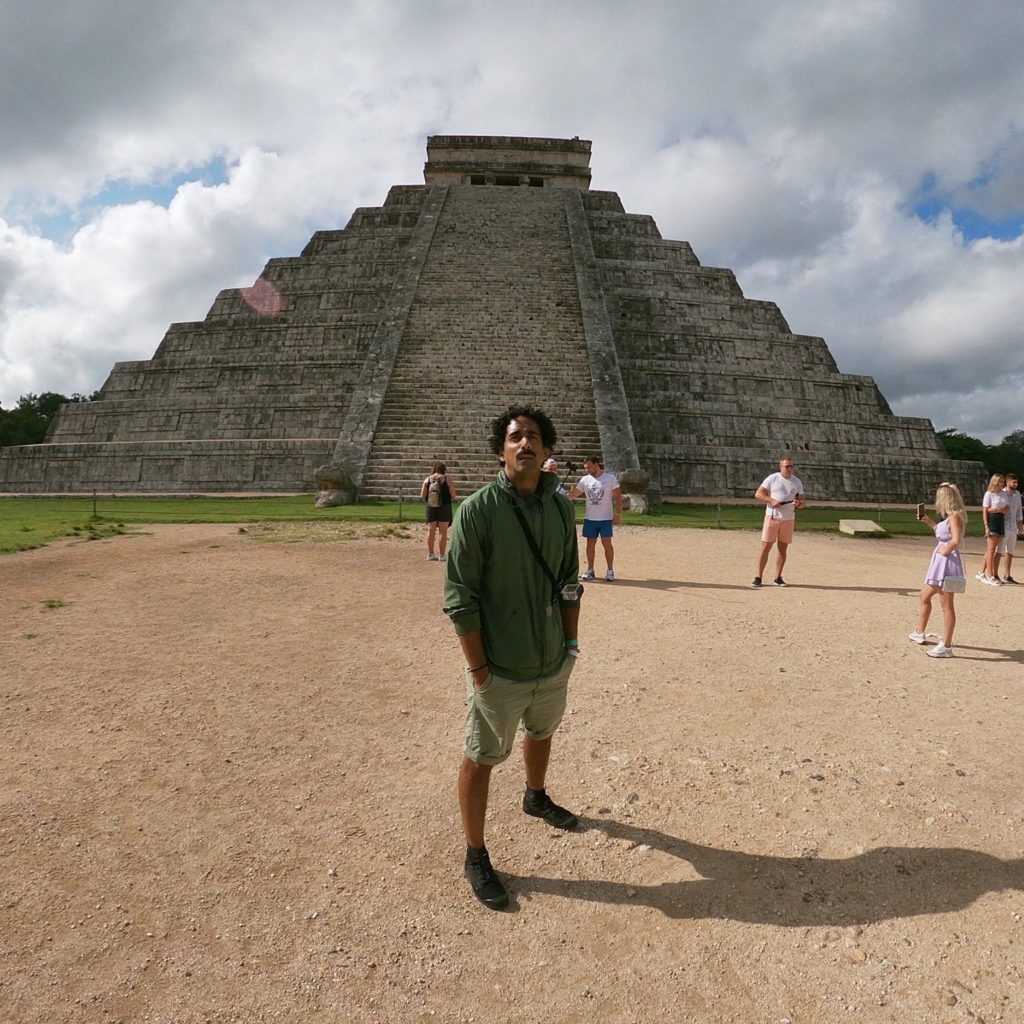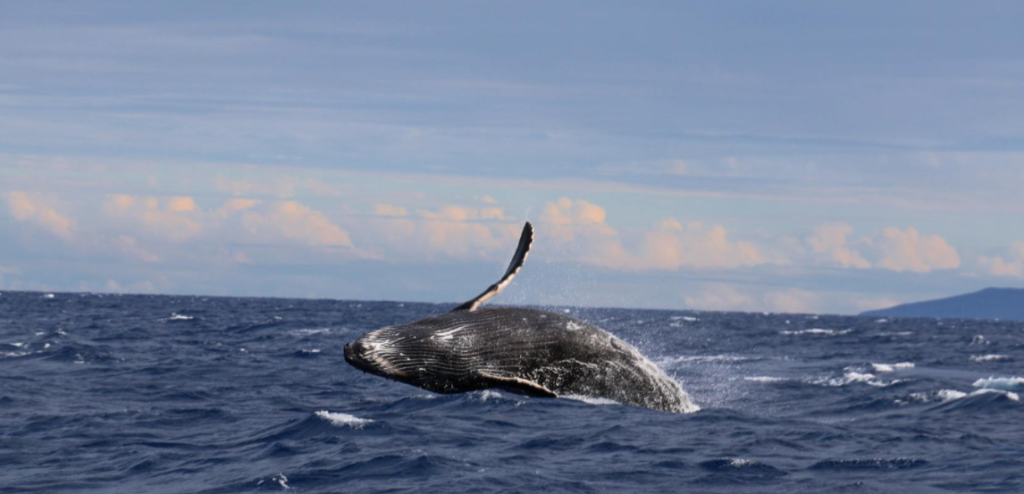Meet Alexei; he’s our Senior Affiliate Manager with a big heart to save the planet. When he’s not working, he’s learning about the environment and what we humans can do to better it. One issue he is most interested in is our oceans. Did you know the majority of ocean plastic is made of discarded fishing nets and single-use plastics?

We at Revolution Force are passionate about saving the planet with Alexei, so we wanted to pick his brain a little and find out what he knows in hopes of getting the word out to others. Alexei’s choice of topic was on our oceans and the creatures that reside in there.
Our oceans
While watching Seaspiracy on Netflix, Alexei became “dazzled the f… out and beyond shocked” to learn that eating fish and our plastic consumption contributes to one of the most devastating ways we humans can demolish our planet. In his opinion, plundering the oceans could result in genocide, starting with the smallest organism, phytoplankton or coral (reefs), followed by the more significant organisms that are all living and thriving off each other to function as the biggest CO2 absorbing miracle we have on this planet which isn’t forests but are our oceans!
The first step to protecting our oceans: plastic
According to Alexei’s research, putting an end to reckless consumption of plastic bottles, cups, and other plastic items will help protect our future planet. But that’s not all the plastic that’s found in the ocean. A recent survey conducted by the Ocean Cleanup found that 46% of plastic found in the Great Pacific Patch came from discarded fishing nets! Now, do you understand why eating fish is killing our planet? The fishing gear the fishermen are using is not being cleaned up properly. Alexei believes the governments in all countries should be making more gear-friendly fishing practices mandatory. In the meantime, we humans should be doing our part and limiting the amount of seafood we eat.

Limiting seafood consumption
By limiting seafood consumption, our planet has a fighting chance at lowering the number of marine species being pulled from the oceans while fishing. The Food and Agriculture Organization found that nearly 80% of global fish stocks are now “fully- to over-exploited, depleted, or in a state of total collapse.” Our planet relies on the ocean to produce the majority of oxygen- we must see the significance of putting a halt to unwanted plastic waste found throughout the sea. At the same time, the concentration of carbon dioxide in the atmosphere is increasing rapidly- in May 2019, the levels of CO2 passed 415 parts per million – the highest level in human history states the International Monetary Fund (IMF). All of this is impacted by the oceans.
Whales
Along with keeping the plastic out of the ocean, Alexei believes we need to protect the whales as well. Whales are beautiful, but they also greatly impact our climate change by isolating carbon in the ocean. Did you know whales help reduce CO2? These majestic creatures support the growth of phytoplankton, which stores 40% of all carbon produced. Whales help phytoplankton productivity wherever they go – a phenomenon called the ‘whale pump.’ As whales rise through the ocean to breathe, the iron and nitrogen in their waste provide ideal growing conditions for these microscopic creatures (phytoplankton). Although small, these microscopic creatures are mighty. They play an enormous role in the regulation of environmental conditions. They contribute around 50% of oxygen and about 37 billion tons of CO2 produced. Think of it this way- A 1% increase in phytoplankton productivity is equivalent to 2 billion mature trees. Everyone believes trees give us the majority of oxygen when in reality, it’s the organisms in the ocean.

Whales or trees
Over a lifespan of around 60 years, whales (particularly great whales) accumulate an average of 33 tons of CO2. When they die, they sink to the bottom of the ocean, locking that carbon away for hundreds of years mentions Katharine Rooney in the article “Whales are vital to curb climate change – this is the reason why Now let’s discuss trees.” A tree absorbs around 48 pounds of CO2 a year so that 33 tons of CO2 locked away equates to around 1.7 trillion trees. Think about that the next time you look at a whale.
Save the whales
It’s time to do our part and save the whales and keep the ocean free of plastic. The world’s whales give us the ability to tackle climate change. Whales are at risk of ship strikes, fishing nets, and plastic pollution. We need to do our part and protect them.
The solution according to Alexei
Every organism in our oceans is working to keep our planet going and us humans alive. Our oceans can recover and thrive back in the way we’ve never seen, but to do that, we need to leave them alone. Respect the planet and save the ocean and whales.
